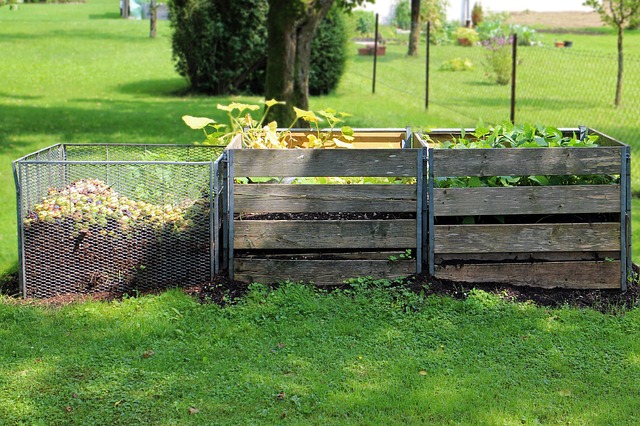
We know that composting is a smart thing to do. So is choosing organic produce over conventionally grown food to feed ourselves and our families.
But the reality is that it’s not always possible for everyone to buy organic all the time. For some people, it’s not just a matter of availability but also a matter of cost.
So the question is, “Is it O.K. to add non-organic fruits and vegetables to the compost pile?” True, not all non-organic produce is treated with synthetic fertilizers and pesticides, but a lot of it is—and the scraps that get added to the compost pile almost inevitably contain traces of chemical residue.
Thus, it would make sense to assume that the resulting compost would also contain traces of chemical residue that then gets reapplied to the soil during planting time. This is the question that Jane Lear tackles in a recent column titled “Jane Says: Don’t Worry About Pesticide Residues in Compost.” (You can find the article here.)
The author’s take-away is that the overall benefits of composting greatly outweigh any traces of residue that might still remain in compost (and any time spent worrying about whether to compost something or not). That’s because the microbial action that generates a compost pile’s heat will break down most common pesticides and herbicides. Moreover, research indicates that compost can help clean up nasty contaminants (like VOCs) that may already be lurking in the soil.
These are all compelling reasons to continue composting—and to add volcanic basalt to your compost pile. That’s because the addition of nutrient-rich volcanic rock dust increases the microbial activity of your compost pile. By adding a high quality volcanic rock dust like Cascade Minerals Remineralizing Soil Booster to your compost pile, you are adding another source of nutrition for hungry microbes. More microbial activity means more heat. More heat means more thorough composting.
(Note: Application is simple. Just add a thin layer of rock dust to your compost pile, alternating between layers of carbon-rich materials (“browns”) and nitrogen-rich materials (“greens”). Turn and water as needed to help the compost break down more quickly.)
That said, we believe in exercising sensible “composting caution.” There are some materials that don’t break down during the composting process, or transform physical properties altogether. For example, the article mentions the chemical clopyralid. Used in several lawn and turf products, it becomes more concentrated during the composting process and grass clipping that have been treated with this product should not be added to the compost pile.
As for the occasional non-organic apple or conventionally grown carrot? Go ahead and compost them! Your wallet and your soil will thank you.
